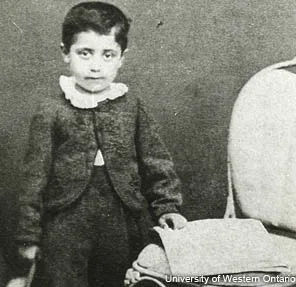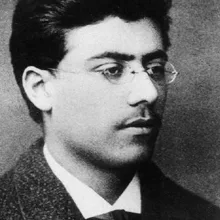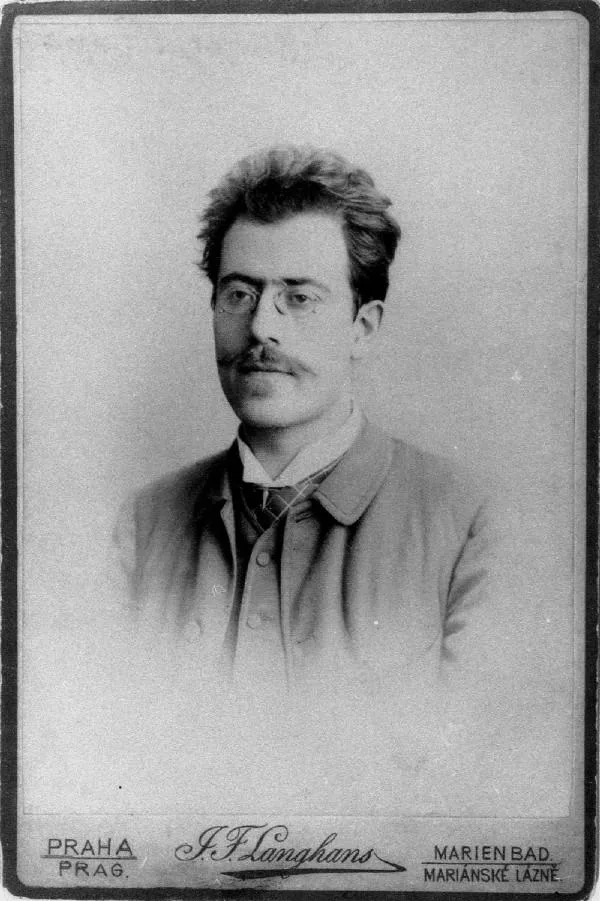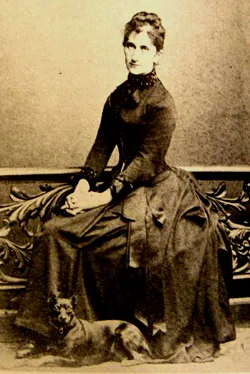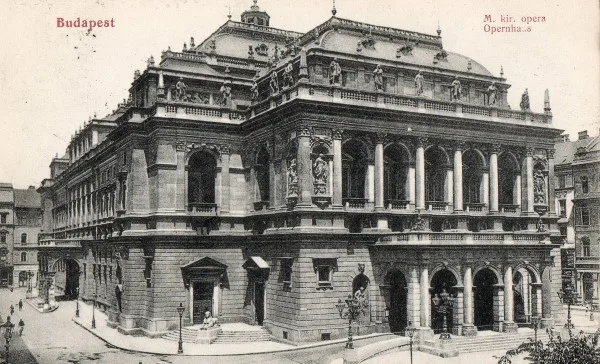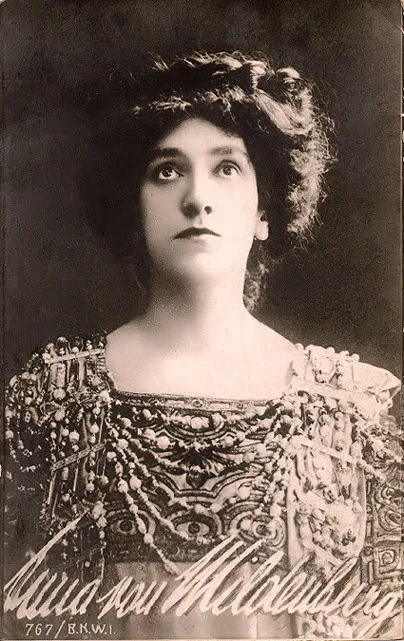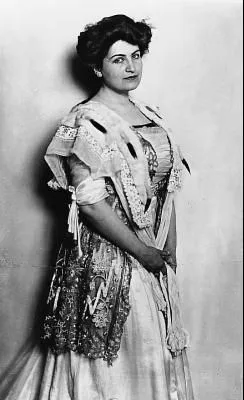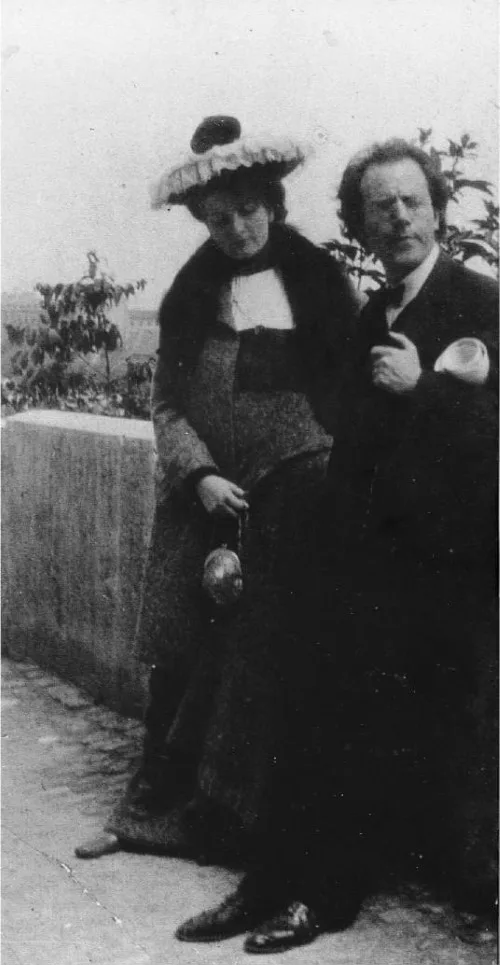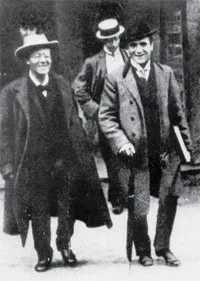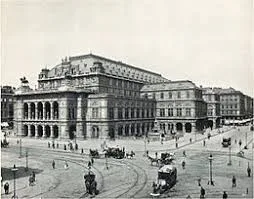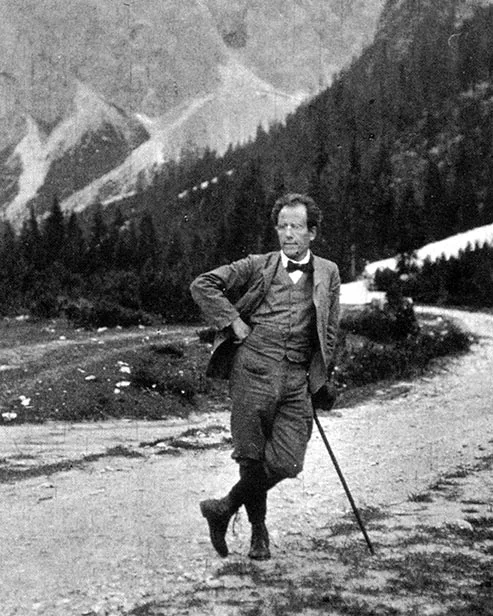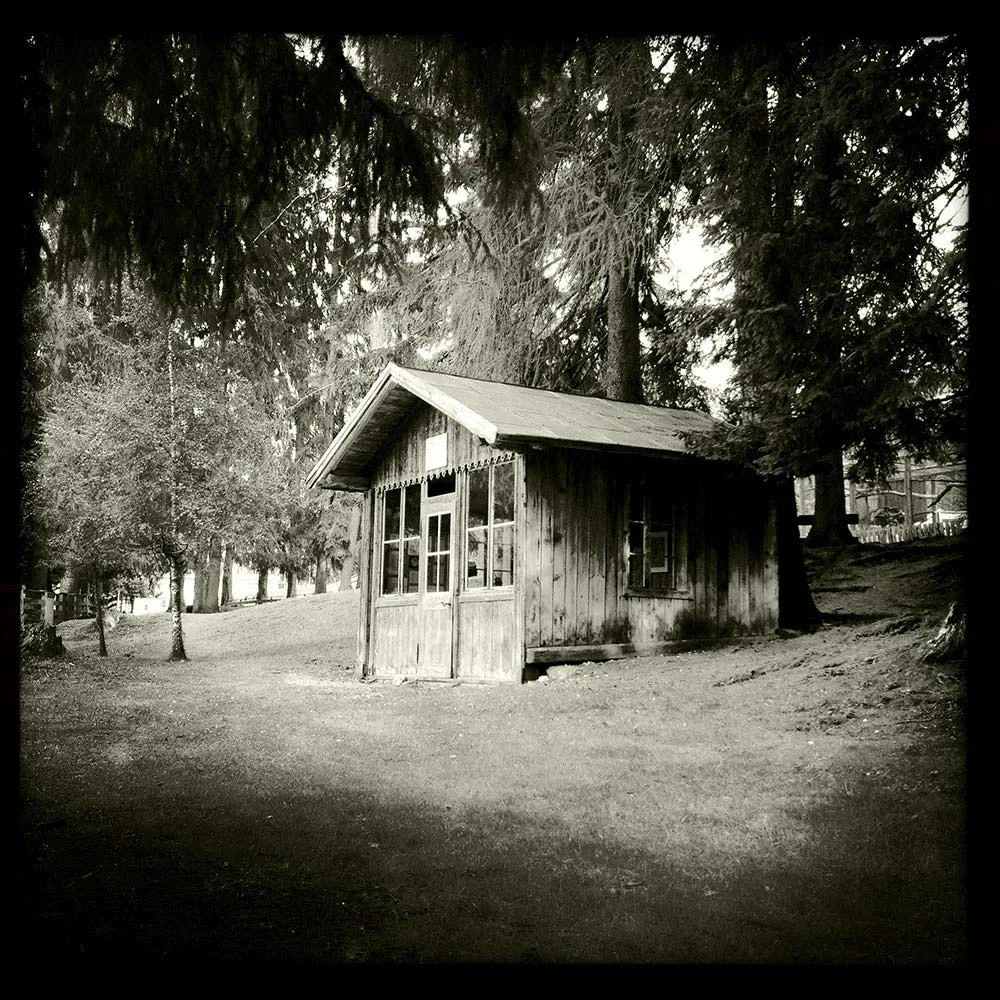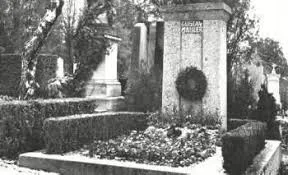Mahler's life
Born in 1860 in Kalište, Gustav Mahler grew up in a musical and eventful life that took him from a humble childhood to the grandeur of the Vienna Opera. His story is one of passion, tragedy and unprecedented artistic growth, which makes his music live on to this day.
1860 - 1880
Youth and musical awakening: from Kalište to Vienna
Gustav Mahler has always maintained that he was born on 7 July, but his parents kept it as 1 July. What is clear, however, is that he was born in Kalište, in Bohemia near the border with Moravia, in a small house that did not even have windows! He was the second of 14 children of Bernhard Mahler and Maria Hermann, both Jewish. Father Mahler drove around with a horse and cart to sell his liqueurs. According to Mahler, the marriage does not seem to have been very good and, like a shadow, the many children who died prematurely also hung around that. Just a year after Gustav was born, the family moved to Iglau (now Jiglava), an important provincial town where father Bernhard was allowed to start a real liquor business. Jiglava has both a synagogue and a Roman Catholic church, the latter of which particularly impressed the young Gustav because of the music played there. You could also find him on the main square when the soldiers were exercising there. Through a so-called 'Clapboard' at his grandfather's house, he got to know the sound of a piano, was captivated by it and gave his first piano recital in Jihlava at the age of 10! His father sees opportunities for a famous son and sends him to Vienna, where he meets Julius Epstein in 1875.
The latter immediately sensed Gustav's musical gifts and admitted him to the conservatoire. Lessons with Anton Bruckner and friendships with Hans Rott and Hugo Wolf, among others, as well as an acquaintance with the music of Richard Wagner fill his days, unless he played hooky to walk in the Wienerwald! In 1878, he completed studies at the Conservatory. The quintet for strings and piano, which earned him the final diploma in composition, is lost, as is the unfinished opera Herzog Ernst von Schwaben, composed in the same period, based on a libretto by J. Steiner. Mahler enrolled at Vienna University and began composing Das klagende Lied in 1878-79, continuing his truancy lustily.
1880-1896
The road to fame: conducting, loves and musical struggles
Mahler completed Das klagende Lied in 1880 and submitted it in 1881 for a composition competition, to which the "Beethoven Prize" was attached. The jury, which included the illustrious critic Eduard Hanslick and the composer Johannes Brahms, unfortunately passed a negative verdict on the composition. "Now I am forever doomed to become a conductor" says Mahler and puts his money where his mouth is. He has his first job as conductor in Bad Hall (many operettas he actually hates!), then in Lubljana and then in Olomouc, where in 1883 he conducts Bizet's Carmen with such success that he acquires the post of second conductor in Kassel. In Kassel, he has a relationship with the singer Johanna Richter; the relationship fails but we have some wonderful music from it: the Lieder eines fahrenden GeselIen, full of adolescent grief! At this time, he also writes the music for Scheffel's drama 'Der Trompeter von Säckingen' and begins the draft of the First Symphony, in which we can latently hear a bit of the trumpeter.
In 1888, he is appointed the director of the Budapest Opera Theatre, another step up the ladder. Final sport should be the Hofoper in Vienna, but there is still a long way to go... In 1889, his parents and his eldest sister Leopoldine die. The premiere of his First Symphony, in November of the same year, became a flop. Nor did his opera performances garner the praise he had hoped for. He has seen it in Budapest and Budapest has seen it with him! Time to look for another job and he got one in a very considerable city: in 1891 he became first conductor in Hamburg and again a passionate love affair developed, this time for the singer Anna von Mildenburg. This one, too, eventually ends with a fizzle, but only after Mahler's move to Vienna in 1897. He spent the summers from 1893 to 1896 in Steinbach am Attersee, where he had a "composing cottage" built so that he could compose in it as undisturbed as possible; here he completed the Second Symphony (1894) and composed the Third (1895-96). Performances of his works invariably evoke fierce and opposing reactions.
In 1886, he was appointed second Kapellmeister in Leipzig under Arthur Nikisch, whom he temporarily replaced in 1887. And this is where love rears its head again. Indeed, in Leipzig, Mahler lived in the house of Carl von Weber, a grandson of Carl Maria von Weber, whose unfinished bequeathed opera 'Die drei Pintos' was successfully completed by Mahler. During warm evenings filled with music, a love springs up between Marion, Carl's wife, and Gustav. There are even plans to run off together, but they ultimately fall through. However, as with the Gesellenlieder, we do have resounding evidence of their love in 'Blumine' , then part of the First Symphony, which was largely created in Leipzig. Mahler later scrapped this particle... The lovingly blown trumpet solo may have come from Mahler's own 'Trompeter von Säckingen'. Reading folk tales to the children Von Weber inspired the writing of "Lieder aus des Knaben Wunderhorn".
In 1886, he was appointed second Kapellmeister in Leipzig under Arthur Nikisch, whom he temporarily replaced in 1887. And this is where love rears its head again. Indeed, in Leipzig, Mahler lived in the house of Carl von Weber, a grandson of Carl Maria von Weber, whose unfinished bequeathed opera 'Die drei Pintos' was successfully completed by Mahler. During warm evenings filled with music, a love springs up between Marion, Carl's wife, and Gustav. There are even plans to run off together, but they ultimately fall through. However, as with the Gesellenlieder, we do have resounding evidence of their love in 'Blumine' , then part of the First Symphony, which was largely created in Leipzig. Mahler later scrapped this particle... The lovingly blown trumpet solo may have come from Mahler's own 'Trompeter von Säckingen'. Reading folk tales to the children Von Weber inspired the writing of "Lieder aus des Knaben Wunderhorn".
1897-1907
Mahler at the height of his career: Success, love and tragedy
By 1897, the time had come, the highest rung on the ladder of success had been reached: he was appointed director of the Vienna Opera, and thus began the most intense period of Mahler's creative life. In the Vienna of the Fin de Siècle, he also has the most fruitful cultural contacts, including with members of the Secession. In late 1901, Mahler meets the most beautiful girl in Vienna, Alma Schindler, and decides that she really is the one for him now! Meanwhile, he has had to swallow a bitter pill when in the same year the Munich performance of his Fourth Symphony also turns out to be a failure. "Then let's do something nicer", he must have thought, and he married his beloved Alma Schindler in early 1902, but it didn't stop there! In the same year, the Third Symphony was performed for the first time, and this time with success. Also in the audience was Willem Mengelberg. "This man must come to Holland, to my orchestra" was his conclusion and so it happened. Between 1903 and 1909, Mahler regularly returned to the Netherlands.
A new composing house
Now that Mahler was in better shape, he could afford to build a house! In the summers from 1901 to 1907, Mahler stayed at his villa on the Wörthersee in Maiernigg, where he also had another composer's house built. Here he composed the Fifth through Eighth symphonies, as well as the Rückertlieder and the Kindertotenlieder. His eldest daughter Maria Anna dies and he himself is diagnosed with a heart defect. Alma is completely distraught. They cannot talk about it properly together. It is actually the beginning of the end within their relationship. To make matters worse, Mahler is forced to resign from the Hofoper, but with a new contract in his pocket. In December of the same year, he leaves for the United States to work as a conductor at the Metropolitan Opera in New York.
1907-1911
Mahler's final years: Triumph, loss and a tragic end

